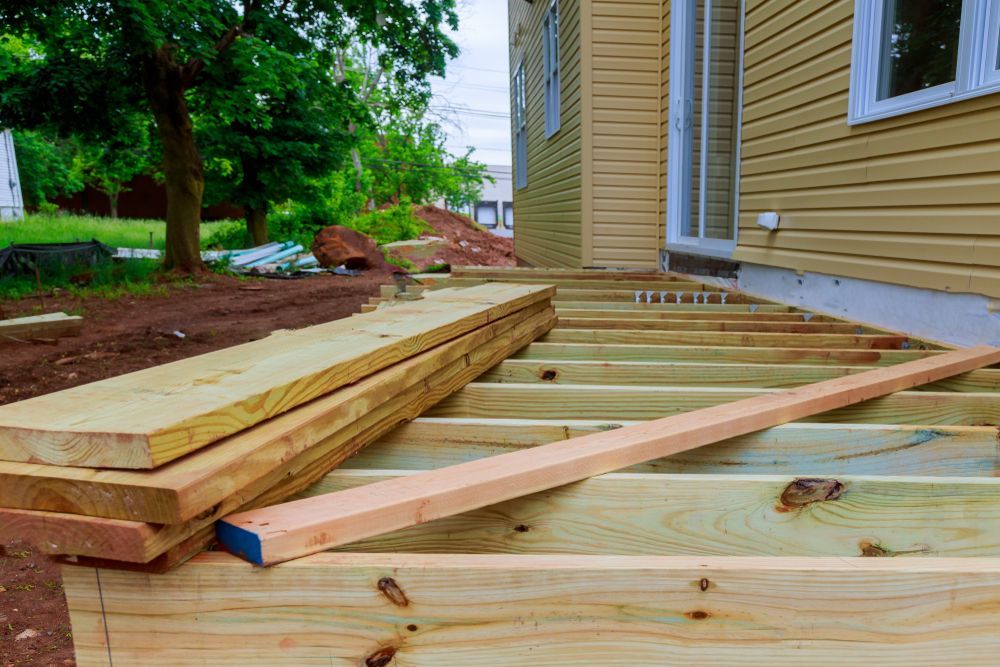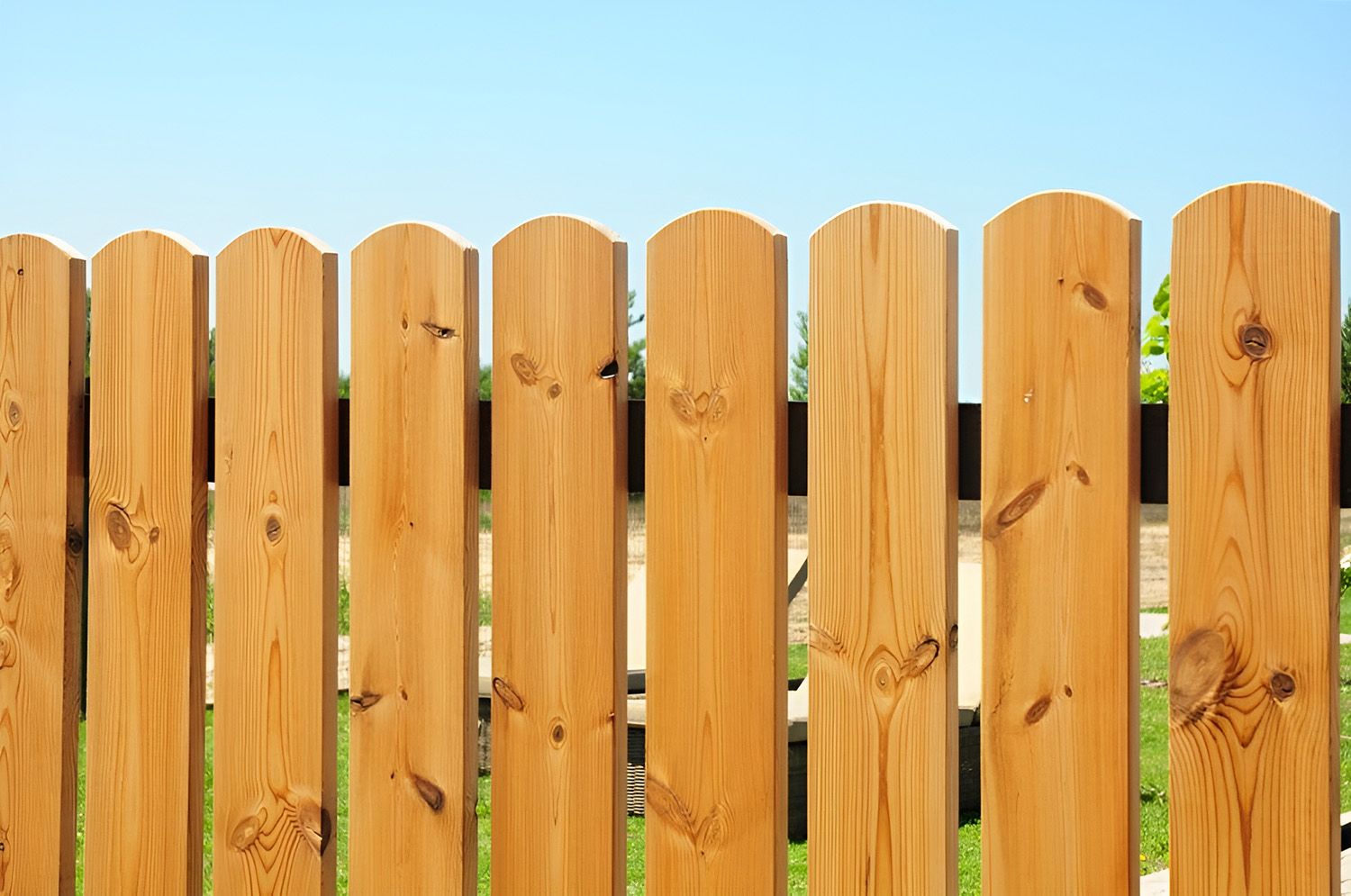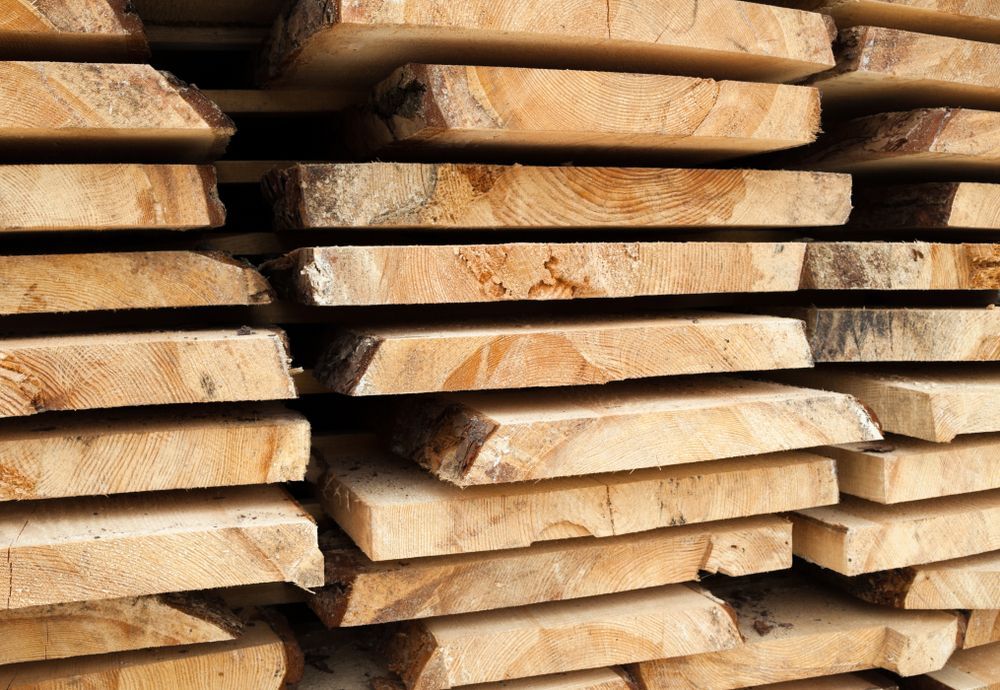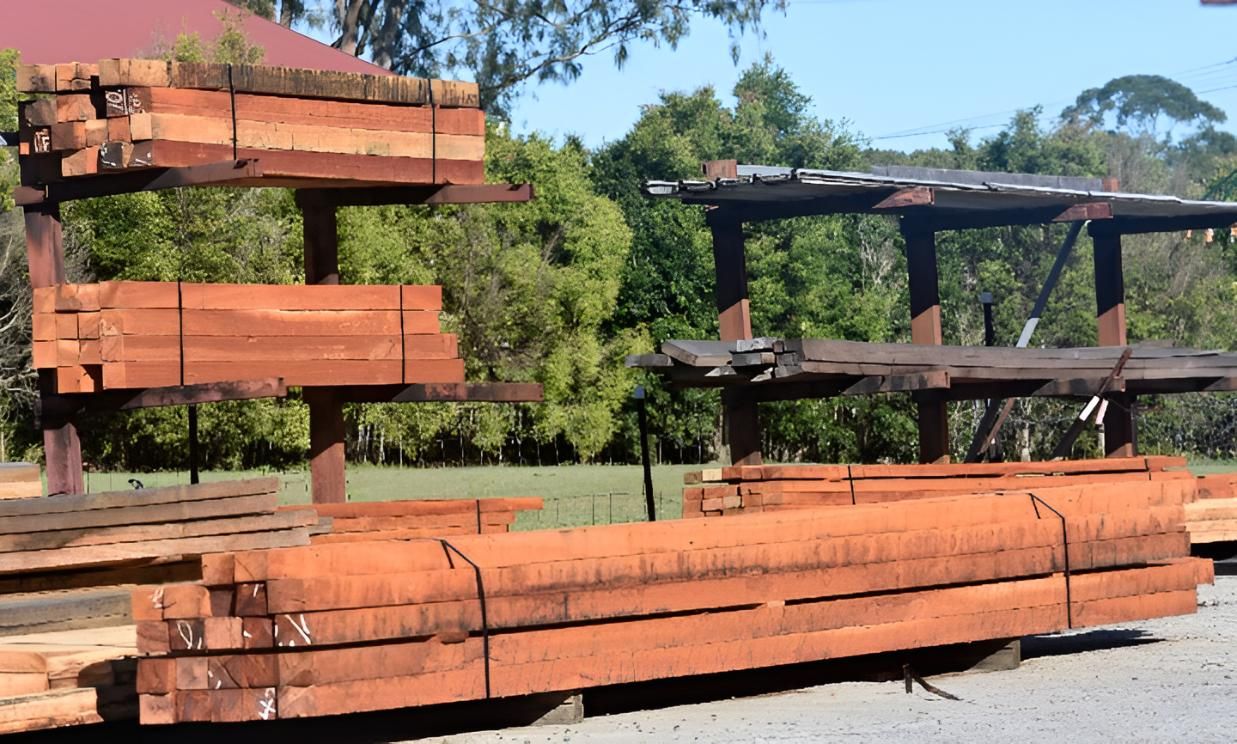A Guide To The Different Types Of Timber & Their Uses

Whether you’re building a deck, framing a structure, or designing custom cabinetry, choosing the right timber can make or break the success of your project. Each timber species has unique strengths, looks, and performance characteristics. For those sourcing timber supplies in Byron Bay, understanding which type suits your job—based on its purpose, exposure, and aesthetic—is essential.
This guide walks through the most common types of timber used in construction, landscaping, and interior fit-outs. It also highlights the importance of local knowledge when selecting timber in coastal areas like Byron Bay.
Understanding the Main Timber Categories: Hardwoods vs Softwoods
Timber is typically divided into two broad categories: hardwoods and softwoods. The distinction doesn’t refer to density alone but to the type of tree the timber comes from.
Here’s what sets them apart:
- Hardwoods come from deciduous trees, which are slower growing and produce dense, durable timber ideal for structural and high-wear applications.
- Softwoods are sourced from coniferous trees, which grow faster and are generally easier to work with—making them cost-effective and ideal for many general uses.
- Both can be used in structural and decorative projects, depending on species and treatment.
Understanding the base category is the first step toward matching your material to your project’s demands.
Popular Hardwoods for Structural & Decorative Projects
Hardwoods are prized for their strength, durability, and attractive grain patterns. Many Australian hardwoods perform exceptionally well in demanding structural and aesthetic applications.
Here are some commonly used hardwoods:
- Spotted Gum is widely used for decking, flooring, and cladding due to its strength, termite resistance, and coastal durability.
- Blackbutt offers a pale, modern finish that suits flooring and interior joinery while also meeting bushfire resistance standards.
- Ironbark and Tallowwood are highly durable hardwoods perfect for outdoor structures, beams, and heavy construction work.
For builders seeking long-lasting performance, hardwoods are a smart choice—especially when sourced from reputable timber supplies in Byron Bay.
Versatile Softwoods: Where Pine & Cedar Work Best
Softwoods may not always match hardwoods in density, but they make up for it in affordability, workability, and consistent availability.
The most popular softwoods for construction include:
- Radiata Pine is a common choice for framing, fencing, and treated landscaping timber.
- Cypress Pine is naturally termite-resistant, making it ideal for structural work in high-risk areas.
- Western Red Cedar is valued for its rich colour and dimensional stability in cladding, panelling, and window joinery.
With the right treatment, softwoods can serve just as effectively as hardwoods in many domestic and light commercial settings.
Why Treated Timber Is Essential for Outdoor & Ground-Contact Projects
When timber is exposed to moisture, soil, or pests, it must be treated to prevent rot, decay, and infestation. This is especially true in coastal regions like Byron Bay, where humid conditions can accelerate deterioration.
Treated timber should be used when:
- Timber is in direct contact with the ground, such as posts, sleepers, or retaining walls.
- Exposed to rainfall or irrigation, as in fencing or decking installations.
- You’re working in termite-prone areas, which is common across northern NSW.
Timber is pressure-treated with specific preservatives for different risk levels—be sure to choose the right treatment grade for your project’s needs.
Choosing the Right Timber for Decking, Fencing & Landscaping
Outdoor projects require timbers that can withstand UV, moisture, and insect exposure. The right species will provide longevity, safety, and minimal maintenance.
Some excellent timbers for landscaping and external use include:
- Merbau, a dense, oily hardwood that resists decay and offers rich tones for premium decks and screens.
- Treated Pine, a budget-friendly softwood option ideal for garden beds, fencing, and posts when properly treated.
- Spotted Gum or Tallowwood, offering natural durability without relying heavily on chemical treatment.
The best choice depends on the location, expected lifespan, and design aesthetic you want to achieve.
Which Timbers Suit Interior Fit-Outs & Joinery Work
Indoor environments demand timber that looks great, is easy to machine, and resists shrinkage or warping over time. In fit-outs or joinery, the right finish is just as important as function.
Top timbers for interior use include:
- Tasmanian Oak, with its fine grain and pale tone, is perfect for cabinetry, trim, and furniture.
- Blackbutt offers a clean, modern appearance for flooring and panelling with excellent dimensional stability.
- Clear Pine or Hoop Pine, commonly used for painted finishes, shelving, and lightweight joinery.
Selecting the correct timber ensures long-term satisfaction, especially in climate-controlled indoor environments.
Factors That Affect Timber Selection in Byron Bay’s Coastal Climate
Byron Bay’s humid, salty environment means certain timbers will perform better than others over time. Choosing timber with local conditions in mind ensures you avoid premature wear, swelling, or decay.
Here’s what to consider in the Byron Bay climate:
- High humidity levels can lead to fungal growth and warping, making kiln-dried or seasoned timber important.
- Salt-laden air accelerates corrosion and weathering, so hardwoods or appropriately treated softwoods are essential outdoors.
- Termites are prevalent in coastal NSW, so selecting naturally termite-resistant timber or H3/H4-treated options is vital.
Why Local Knowledge Matters When Sourcing Timber Supplies in Byron Bay
Timber selection isn’t one-size-fits-all. Working with a local supplier means getting tailored advice based on your location, build type, and environmental considerations. When it comes to timber supplies in Byron Bay, experienced local professionals can recommend products that balance cost, performance, and compliance.
Here’s why choosing local timber suppliers makes a difference:
- They understand Byron Bay’s specific climate pressures and which species hold up best in the long run.
- They stock timber suitable for regional building codes and standards, saving you time on compliance checks.
- They can offer suggestions based on similar projects, whether you're building a deck in the hinterland or framing a pergola by the coast.
Local timber experts offer real-world experience that goes far beyond catalogues or spec sheets—ensuring you get the right timber, first time.
Get Expert Advice on Timber Supplies in Byron Bay
At
Budget Timbers, we offer a wide range of timber species and grades suitable for construction, landscaping, and fit-outs. Our team specialises in providing tailored recommendations for customers seeking
timber supplies in Byron Bay, helping you match the perfect timber to your project’s environment, budget, and goals.
Contact us to view our Byron Bay timber range or speak to a local expert today.



